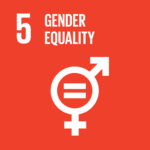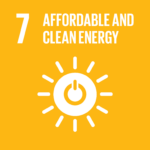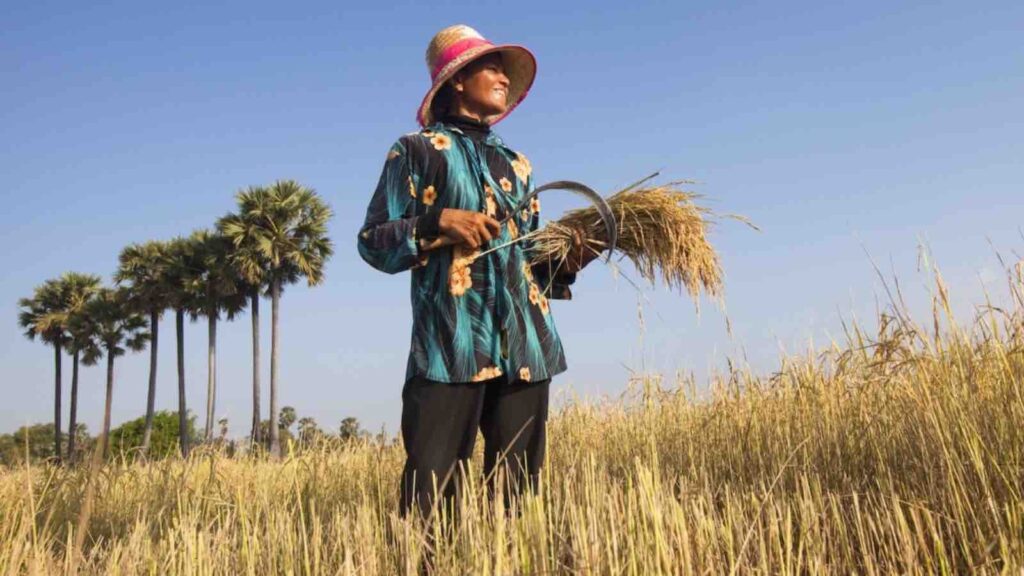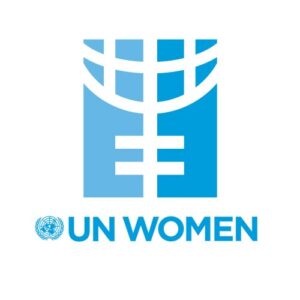When it came time to water her rice fields, farmer Im Heng used to have to lug a diesel-powered water pump across her property in Cambodia’s southern Takeo province.
Originally published on the UN Environment Programme’s website, 19 July 2023
Along with being heavy, the machine was expensive to operate and spewed climate-altering greenhouse gases.
But the generator is now a thing of the past.
Heng recently purchased a solar-powered pump that delivers water directly into a sprinkler system covering her fields. Along with being easier to manoeuvre, the setup has helped reduce her monthly electricity bill by about 30,000 Cambodian riels (US$7), a large sum for a subsistence farmer.
RELEVANT SUSTAINABLE GOALS



My health has improved since I do not need to carry heavy equipment and tools anymore
Im Heng, Cambodian farmer
She made the purchase using a loan obtained through the EmPower programme a joint initiative between the United Nations Environment Programme (UNEP) and UN Women. Funded by Sweden, the initiative helps women entrepreneurs access affordable loans, allowing them to buy clean technologies that can help them grow their businesses.
Most people in Cambodia rely on farming for subsistence. However, climate-induced disasters, such as floods and droughts, can impact food supply and livelihoods. Women have less access to information, resources, finance and technologies, making it especially hard for them to cope with crises and rebuild when they are over.
That is why UNEP is working with UN Women on the second phase of the EmPower programme, which was piloted in Bangladesh, Cambodia and Viet Nam in 2018.
Upfront equipment costs can be a significant barrier for low-income rural women like Heng. They face greater challenges in accessing loans from traditional banks due to their lack of collateral and limited financial history and literacy.
Innovative financing mechanisms, such as the ones provided by EmPower, are considered crucial for supporting women’s access to renewable energy technologies.
Renewable energy is both sustainable and reliable, with lower operating costs and less maintenance than fossil-fuel-based power systems.
Renewable energy also benefits women by replacing traditional fuels, like coal, that contribute to indoor air pollution and respiratory diseases. This is particularly relevant in countries like Cambodia, where access to modern energy services still lags.
According to one estimate by UNEP, the solar photovoltaic systems installed in Bangladesh, Cambodia and Viet Nam as part of the EmPower project could prevent the release of 15,000 tonnes of carbon dioxide equivalent throughout their expected lifecycle.
So far, EmPower has supported 473 women entrepreneurs and created a model that is ready to be scaled up. The project also helped more than 50 women-focused organizations participate in decision-making on issues related to climate change, renewable energy and disaster risk reduction.
Lead image courtesy of Biosphoto via AFP/Claudius Thiriet
You may also be interested in :
Explainer : How Gender Inequality And Climate Change Are Interconnected



